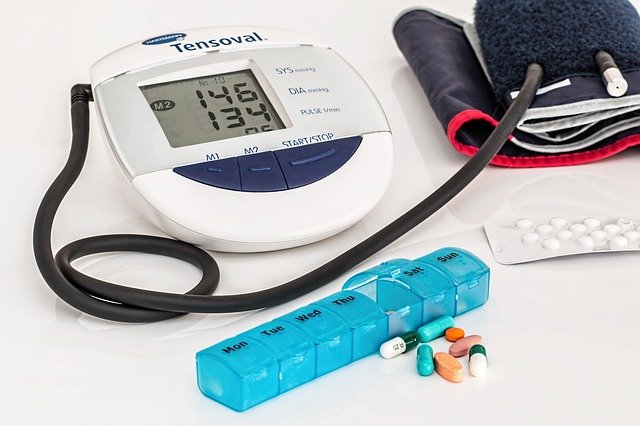
In a recent study, researchers from UAB find that lowering one’s blood pressure is beneficial not only for the heart, but also for the mind.
They have proved that lowering systolic blood pressure to 120 mm Hg or less reduces the risk of mild cognitive impairment.
This could reduce one’s risk of developing Alzheimer’s disease or dementia.
The study is the first time it has been proved that the risk of mild cognitive impairment and dementia can be reduced through high blood pressure treatment.
Previous research has shown that treating blood pressure intensively, to a goal of 120 mm Hg systolic, reduces cardiovascular events and mortality in people with hypertension.
The findings were the result of the Systolic Blood Pressure Intervention Trial’s (SPRINT) Memory and Cognition in Decreased Hypertension (MIND) study.
The results of the SPRINT study were published in 2015.
Researchers found that cardiovascular diseases were reduced by almost 1/3 and risk of death was lowered by almost 1/4 when participants blood pressure is under 120 mm Hg compared with whose blood pressure goal of 140 mm Hg.
More than 9,300 participants age 50 and older with high blood pressure were assigned to the trial.
In the current study, the team found that people in the intensive treatment group (target 120 mm Hg) had a 19 percent lower risk of mild cognitive impairment (MCI), which is often a precursor to dementia.
The researchers also discovered that treating hypertension by reducing systolic blood pressure to 120 mm Hg also reduces the total volume of white matter lesions in the brain.
The team is also examining kidney disease function and, according to preliminary results, has found that there appears to be no serious harm to kidney function due to lowering systolic blood pressure to 120 mm Hg.
The preliminary results of the SPRINT MIND study were presented at the Alzheimer’s Association International Conference.
Copyright © 2018 Knowridge Science Report. All rights reserved.
Source: University of Alabama at Birmingham



